Animals
-
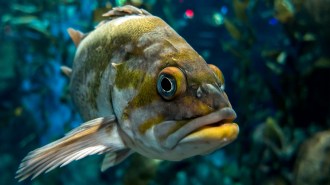 Animals
AnimalsEavesdropping on fish could help us keep better tabs on underwater worlds
Scientists are on a quest to log all the sounds of fish communication. The result could lead to better monitoring of ecosystems and fish behavior.
-
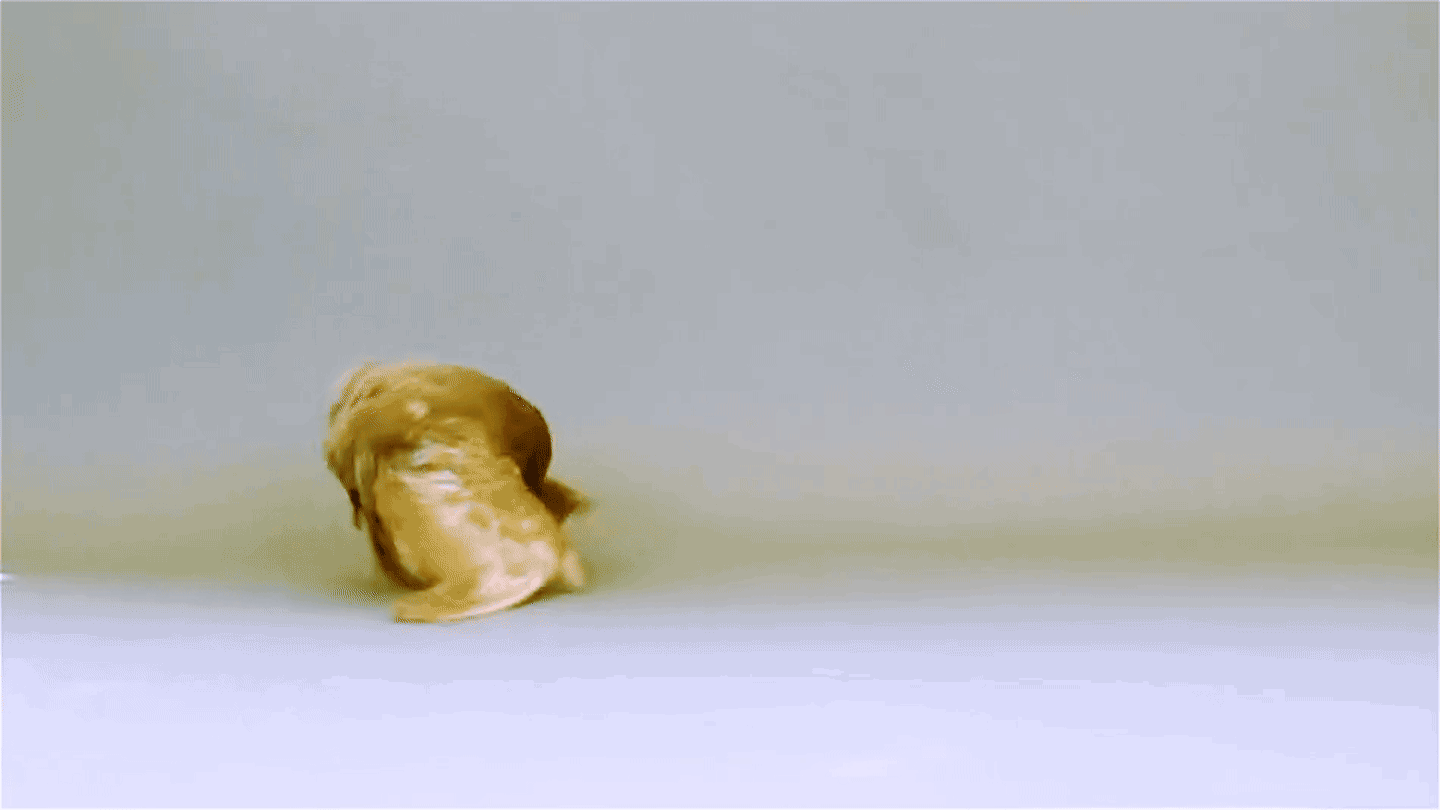 Genetics
GeneticsHere’s why some pigeons do backflips
Meet the scientist homing in on the genes involved in making parlor roller pigeons do backward somersaults.
-
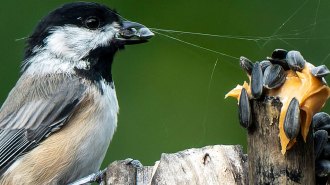 Neuroscience
NeuroscienceChickadees use memory ‘bar codes’ to find their hidden food stashes
Unique subsets of neurons in a chickadee’s memory center light up for each distinct cache, hinting at how episodic memories are encoded in the brain.
By Jake Buehler -
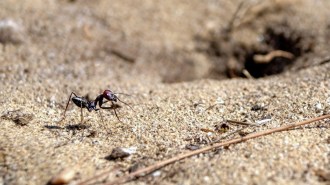 Neuroscience
NeuroscienceHere’s how magnetic fields shape desert ants’ brains
Exposure to a tweaked magnetic field scrambled desert ants’ efforts to learn where home is — and affected neuron connections in a key part of the brain.
-
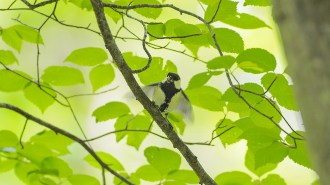 Animals
AnimalsBy fluttering its wings, this bird uses body language to tell its mate ‘after you’
New observations suggest that Japanese tits gesture to communicate complex messages — a rare ability in the animal kingdom and a first seen in birds.
-
 Neuroscience
NeuroscienceDogs know words for their favorite toys
The brain activity of dogs that were expecting one toy but were shown another suggests canines create mental concepts of everyday objects.
-
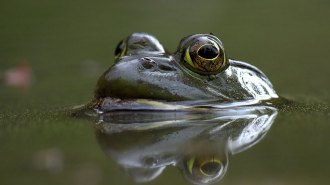 Animals
AnimalsAmerican bullfrogs may be threatening a rare frog species in Brazil
A search for environmental DNA from critically endangered Pithecopus rusticus frogs turned up DNA from invasive American bullfrogs instead.
-
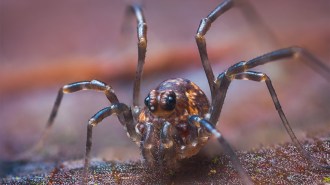 Animals
AnimalsDaddy longlegs look like they have two eyes. That doesn’t count the hidden ones
Despite its two-eyed appearance, Phalangium opilio has six peepers. The four optical remnants shed light on the arachnids’ evolutionary history.
-
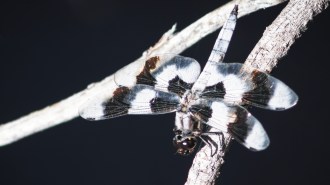 Animals
AnimalsMale dragonflies’ wax coats might protect them against a warming climate
The reflective wax, which cools males on sunny courtship flights, may also armor them against the effects of climate change.
By Jake Buehler -
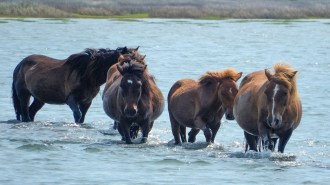 Animals
AnimalsMale mammals aren’t always bigger than females
In a study of over 400 mammal species, less than half have males that are, on average, heavier than females, undermining a long-standing assumption.
-
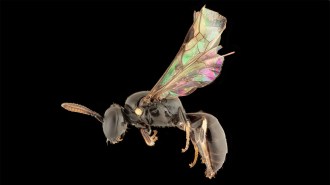 Animals
AnimalsA decades-old mystery has been solved with the help of newfound bee species
Masked bees in Australia and French Polynesia have long-lost relatives in Fiji, suggesting that the bees’ ancestors island hopped.
-
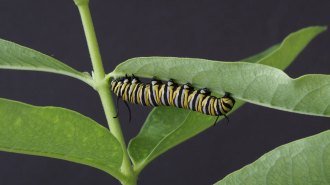 Animals
AnimalsBig monarch caterpillars don’t avoid toxic milkweed goo. They binge on it
Instead of nipping milkweed to drain the plants’ defensive sap, older monarch caterpillars may seek the toxic sap. Lab larvae guzzled it from a pipette.
By Susan Milius